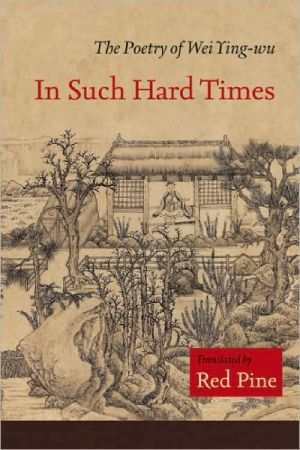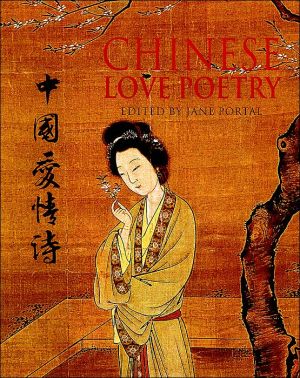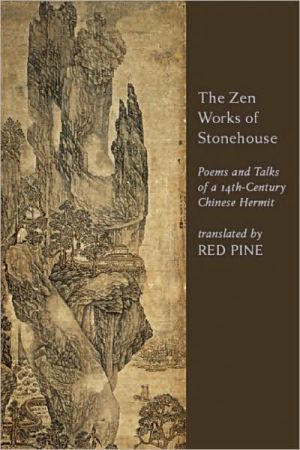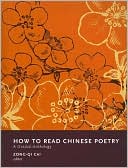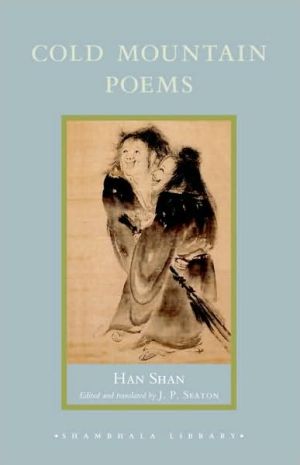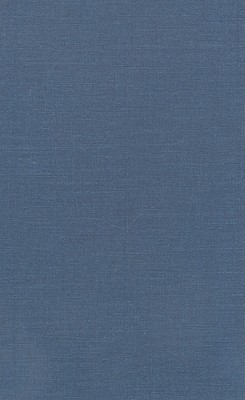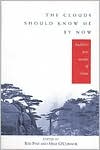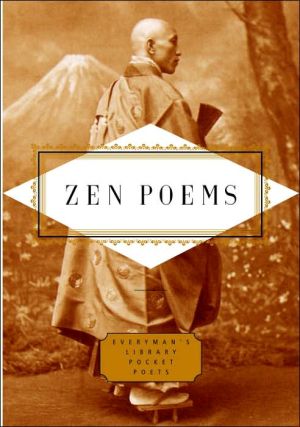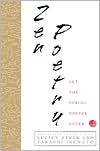In Such Hard Times: The Poetry of Wei Ying-wu
“[Translator] Red Pine’s out-of-the-mainstream work is uncanny and clearheaded.”—Kyoto Journal\ “Red Pine’s succinct and informative notes for each poem are core samples of the cultural, political, and literary history of China.”—Asian Reporter\ Wei Ying-wu (737–791) is considered one of the great poets of the T’ang Dynasty, ranked alongside such poets as Tu Fu, Li Pai, and Wang Wei. Strangely, though, only a handful of Wei Ying-wu’s poems have ever been translated into English.\ True to his...
Search in google:
The world's first substantial selection of English translations of this great T'ang Dynasty poet.Publishers WeeklyChinese experts rate Wei among the greatest poets of China's classic era, right alongside Tu Fu and Li Po; severe, self-critical, openly political and prone at times to self-pity, Wei remains obscure in the West and shouldn't be. The prolific translator Red Pine has made a striking selection, 170 poems in a facing-page edition with storylike notes on each. Born to privilege in the last flowering of the T'ang dynasty, Wei (c. 737-791) entered the civil service in his youth and became a provincial official in a time of civil war, enforcing harsh laws he disliked, missing his literary friends and welcoming time alone. Some of Wei's poems are pellucid, brief impressions: "the sound of mallets at the foot of leafless hills." Others give moral advice, or show introspection: "Governing a prefecture takes no special skill/ what bothers me is eating for free." Wei's poetry reflects a sensibility and history that only Chinese traditions could produce. Some of its powers come from Wei's whole life, others inhere in single vivid moments: "when will I hold someone's hand again/ the flowers overhead look like sleet." (Sept.)Copyright © Reed Business Information, a division of Reed Elsevier Inc. All rights reserved.
\ Publishers WeeklyChinese experts rate Wei among the greatest poets of China's classic era, right alongside Tu Fu and Li Po; severe, self-critical, openly political and prone at times to self-pity, Wei remains obscure in the West and shouldn't be. The prolific translator Red Pine has made a striking selection, 170 poems in a facing-page edition with storylike notes on each. Born to privilege in the last flowering of the T'ang dynasty, Wei (c. 737-791) entered the civil service in his youth and became a provincial official in a time of civil war, enforcing harsh laws he disliked, missing his literary friends and welcoming time alone. Some of Wei's poems are pellucid, brief impressions: "the sound of mallets at the foot of leafless hills." Others give moral advice, or show introspection: "Governing a prefecture takes no special skill/ what bothers me is eating for free." Wei's poetry reflects a sensibility and history that only Chinese traditions could produce. Some of its powers come from Wei's whole life, others inhere in single vivid moments: "when will I hold someone's hand again/ the flowers overhead look like sleet." (Sept.)\ Copyright © Reed Business Information, a division of Reed Elsevier Inc. All rights reserved.\ \
